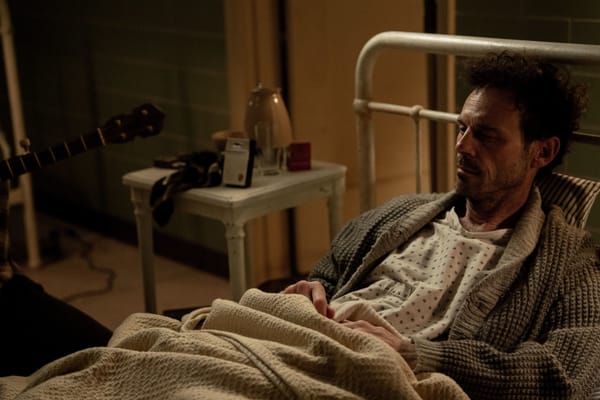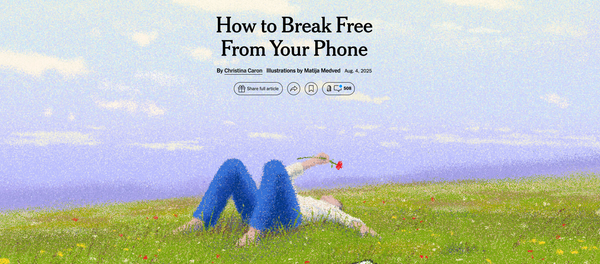Care as Nimbleness

In addition to helping us track how our people are learning, care helps them and us make choices that further benefit their learning. As I said yesterday, we first "read the room." And then we do our best to make adjustments accordingly.
In some sense, then, this learner-centered attention is also about assessment, but formative rather than summative assessment. Instead of wanting to make an evidence-based statement about the learning that has taken place at the end of an experience, formative assessment helps us plot a course that is appropriate for our learners in light of the new information we're continuously gleaning.
Some of my colleagues working in out-of-school settings call this "nimbleness." They point out that practicing this form of care requires commitment on part of the entire teaching team to resist labeling participant behavior as "off task." "Whatever we were doing was the task," they say.
Their writing is full of descriptions of moments when a workshop had one planned topic or trajectory, but the active interests of participants and the flexibility of the facilitators ended up taking things in entirely different direction.
That sounds radical. It can be. It's not necessarily an appropriate posture for every session of every learning experience. It always requires trust. It often requires a team. It helps to be in a learning space rich with tools and materials.
But I'm convinced that holding our plans and goals more loosely in order to follow where participants' interests lead them can make more meaningful learning possible, especially in settings where participation is voluntary.
Tomorrow I'll have a few stories from my own research to try to illustrate what I mean.



